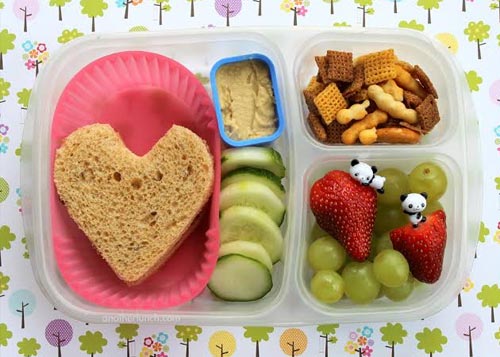
Through the many years that I sat through debate competitions in school, I realised that children weren’t learning from their debates as much as we intended. It’s mostly a one-sided monologue delivered in confidence to beat other contestants in a competitive setting. The children often did not even believe in the points they were making but made them anyway just to “win” as individuals, rather than define “winning” as a progressive outcome for both parties. Discussions, on the other hand, always yield fruitful results and leaves no child misty-eyed at the end.
I have been teaching at the same school for over 5 years now and every year, we make it a point to conduct discussions regularly because we believe this helps children understand each other’s perspectives, and put their points across politely while acknowledging the other person’s point of view.
Read further to understand the pros and cons of debate and discussion as I see it.
The downside of debate

As I mentioned earlier, the primary motive of a debate is to come out a victor and not someone who learned something new – this is the case in a school setting as well as, say, a national debate. Practising debate will surely improve the child’s oratorical and debating skills but will only get them to talk at each other instead of talking with each other. We don’t want our children to replicate what we see on the apparent “panel discussions” we watch on news channels where panellists talk over each other and ultimately resort to name-calling when all else fails.
Another downside of debate is that the slightly introverted ones who have some great views on a certain issue will end up keeping mum fearing a quarrelsome or confrontational response to their views. Because of this, everyone involved misses out on gaining some great insights on the issue at hand.
The benefits of discussion

In a discussion, the participants teach and learn together – as opposed to debates where there is little or no exchange of intellect. It is also in the mindset in which people come together for a discussion. If you enter a discussion with an open mind, you will learn plenty of new things. If, on the other hand, you get defensive with every argument made over your view, the discussion will end with zero acquisition of thoughts, ideas, and knowledge.
So, when you participate in a discussion, you will have to go with the attitude that you may be wrong and that the other participant could be right. This way, you will be able to defend your point of view in a polite manner and listen to what the others have to say without attacking their weaknesses. At the end of the day, you will have learnt so much and probably even altered your way of thinking thanks to the insightful discussion.
Conclusion

The argument I made about debates and discussions holds true when either of these is practised in the ideal forms. However, a blend of both would be great in the real world. In a school setting, you can always have a friendly debate followed by a larger discussion that will get the kids to share thoughtful ideas they may have on the debate presented by the speaker.
That being said, though the culmination of the two concepts works better, we need to understand the distinction between the two and organise events based on the topics we choose. While a debate would be great to listen to people passionately defend what they truly believe in, a discussion will help us engage in a more positive exchange of intellect.
So, what do you think of choosing discussions over debates? Do leave a comment below. I would be happy to discuss this with you, but this is not up for debate!








